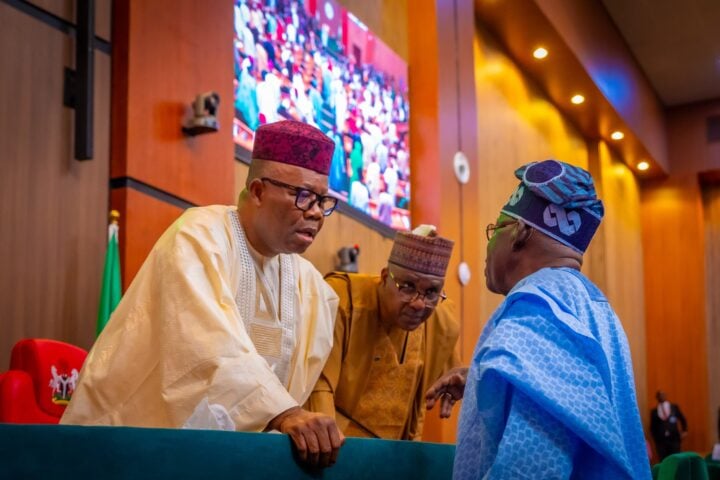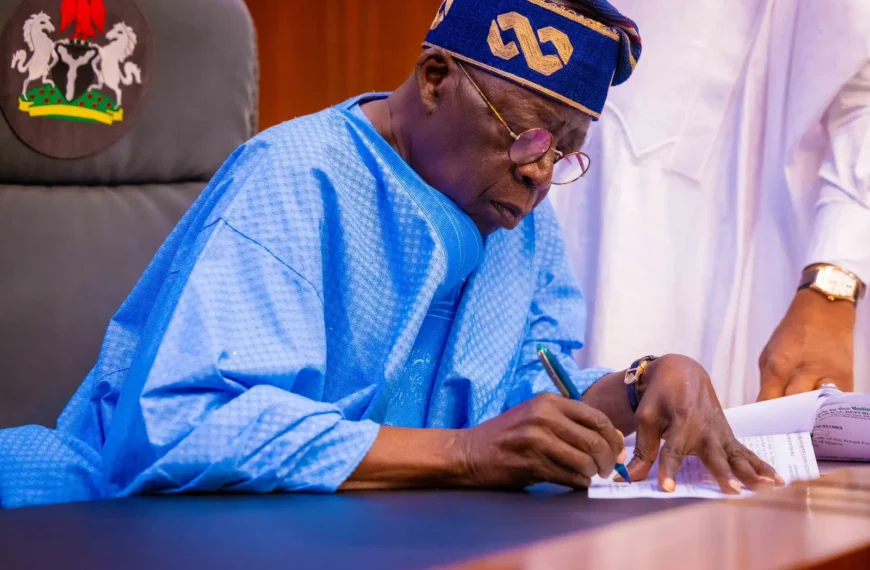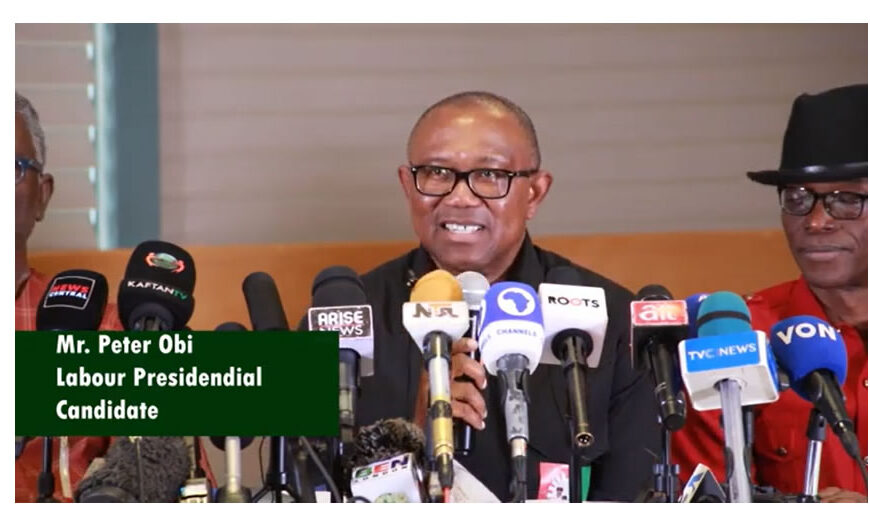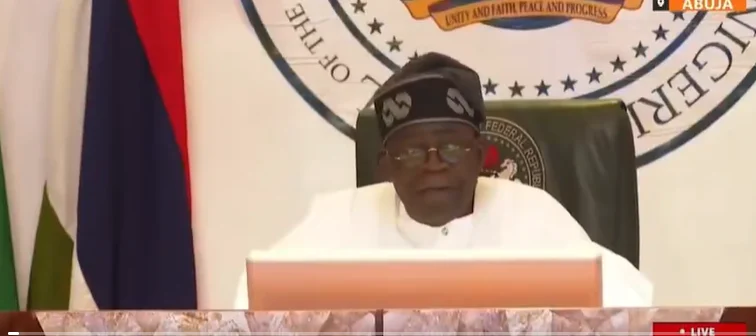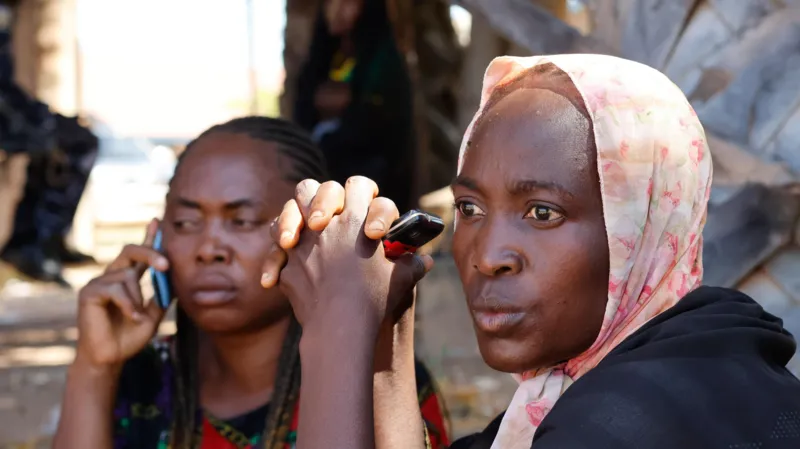ABUJA, June 2025 — The Presidency has confirmed that Aliyu Audu, Senior Special Assistant to President Bola Tinubu on Public Affairs, has resigned from his position with immediate effect. His departure, communicated through a letter dated June 8, was submitted to the President via his Chief of Staff, Femi Gbajabiamila.
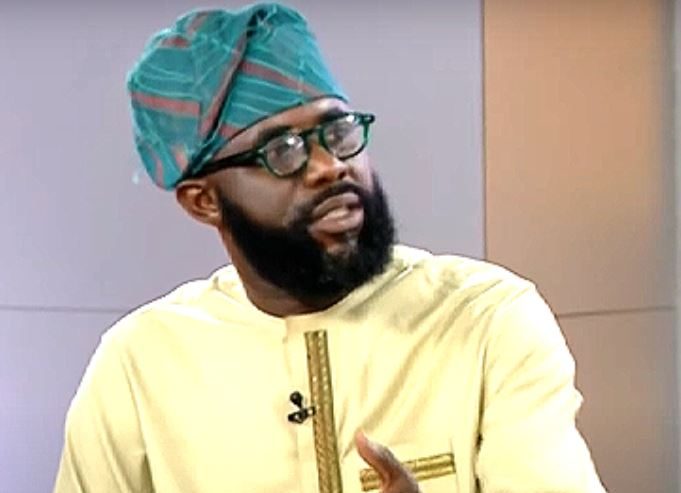
A Resignation Driven by Principle
In his resignation statement, Audu made it clear that his decision was rooted in conscience—not politics. He condemned what he viewed as emerging trends toward suppressing opposition and undermining Nigeria’s democratic foundations. Though not aligning himself with the opposition PDP, he declared, “I refuse to be used directly or indirectly as an instrument to reduce Nigeria to a one-party state.”
He went on to stress that democracy depends on ideological competition and dissent. Stifling dissent, he warned, reflects the same authoritarian tendencies Nigerians have long opposed. Despite resigning, Audu emphasized his continued support for many of President Tinubu’s economic policies, making clear that his exit was not a rebellion but a stand for democratic values.
Part of a Broader Wave of Discontent
Audu’s exit appears to be part of a larger pattern of resignations from the presidency’s inner circle. Observers suggest this signals growing friction within the administration—driven by ideological differences, limited influence among aides, and concern over the party’s direction.
Another recent departure was Dr. Hakeem Baba-Ahmed, a Special Adviser to the Vice President, who cited feeling underutilized and disconnected from decision-making processes in the administration.
These high-profile exits highlight an internal tug-of-war between loyalty to the President and adherence to democratic principles.
What This Means for the Administration
This resignation raises key questions about the state of political pluralism within the government, especially given the sensitivity around democratic backsliding. Audu’s public warning may embolden other voices within the administration to speak up, or to interpret his gesture as a call for reform.
The presidency now faces the challenge of both maintaining internal cohesion and addressing the alarm being raised over Nigeria’s political trajectory—and democracy itself.

